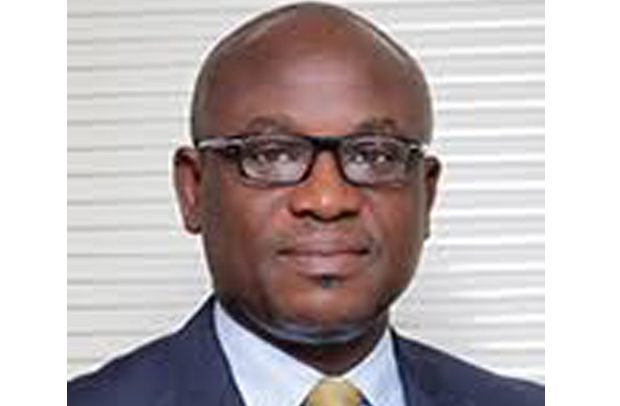Paul Asare Ansah
FOLLOWING EXTENSIVE consultations with key associations and approval from the Ghana Shippers’ Authority (GSA), the Ghana Ports and Harbours Authority (GPHA) has generally revised various port tariffs.
According to the port authority, all dollar items will henceforth attract 4 percent increment, whereas import items in local currency have been increased by 16 percent.
Management has also increased exports by 10 percent but reduced some export services in order to encourage exports to meet national economic objectives of balancing export against import trade.
Since 2015, managers of the ports had not increased tariffs, albeit massive investment and improvement in the port performance amidst other national economic factors had taken place.
Last year, GPHA announced its decision to review the tariffs on imports beginning January 2018. Tariff on imported goods were going to be increased by 20 percent, while that on exported goods were to be increased by 15 percent
In January the Authority attempted to revise the charges at the ports but suffered some setbacks following concerns raised by some stakeholders operating at the place, and so the implementation was postponed.
Addressing stakeholders on the implementation, the General Manager for Marketing and Corporate Affairs, Esther Gyebi-Donkor, pointed out, “The increments are very marginal. The results of applying the 4% of the dollar items and the 16% for the cedi component, you don’t actually feel the differences so much.”
She continued, “Current management, led by the Director General, has the vision of promoting exports. He is so worried about the imbalance in our trade, where we have most of the cargoes that we handle in our ports being imports against exports. Even when you take the transit cargo it is the same trend. Virtually all the transits are imports and we have a very small quantity as exports, so we did not increase the rates for exports. And in some of the areas, it is reduced so that we can encourage exports through the port,” Ms Gyebi-Donkor stated.
The General Manager for Business Development, Samuel Ntow-Kummi, supported by the department of Marketing and Corporate Affairs, noted, “The tariff is our main financial instrument that transforms or translates our operations into revenue. So, when the economics around it change, we need to revise the tariffs otherwise then we are not operating on the principle of sound commercial management…”
From Vincent Kubi, Tema


